
- •The last third of the 18th century
- •Philosophical schools and tendencies of XIX century
- •German idealism
- •Utilitarianism
- •The Marxist Philosophy
- •Karl Heinrich Marx
- •Friedrich Engels
- •Dialectical materialism
- •Materialism
- •Dialectics
- •The three laws of dialectics:
- •Existentialism
- •Positivism
- •Pragmatism (Pragmaticism)
- •British idealism
- •Transcendentalism
- •Thank you for attention!
- •Made by the student of the
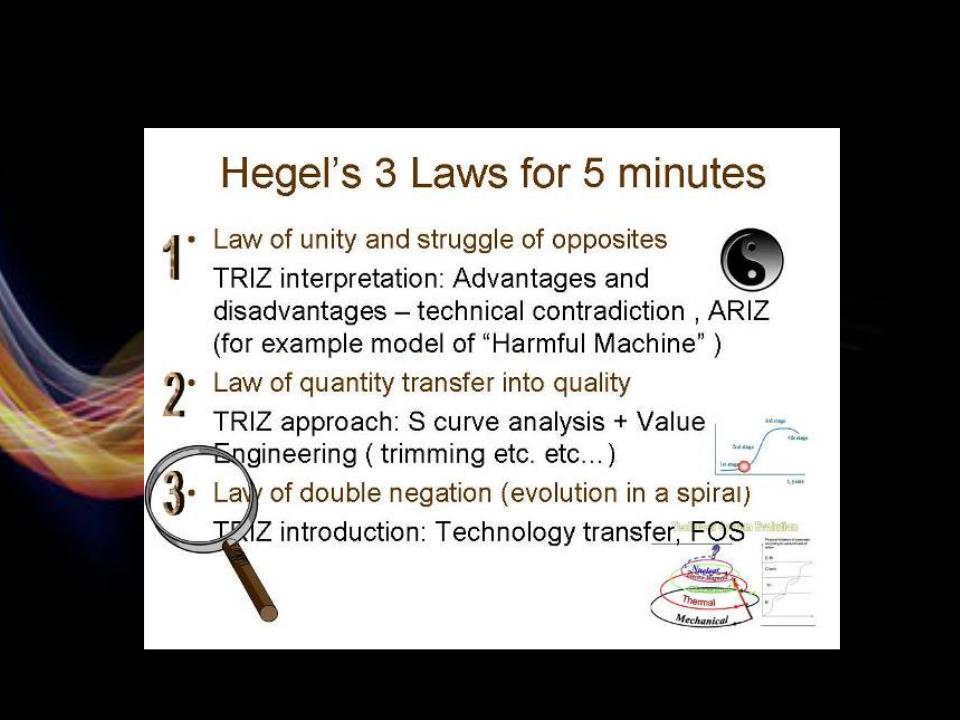
The three laws of dialectics:
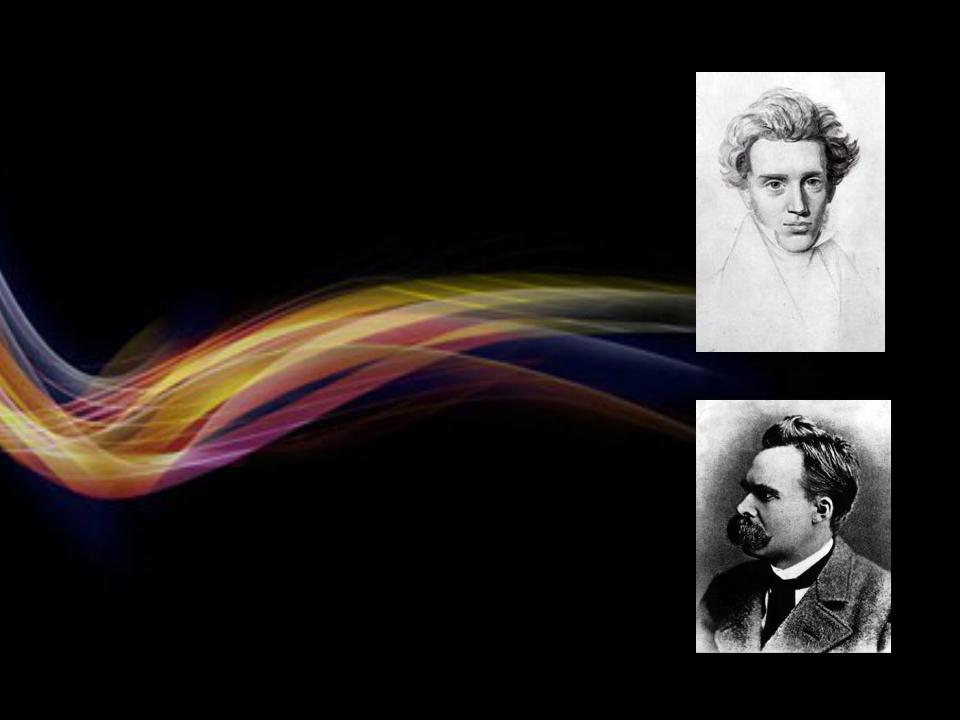
Existentialism
Existentialism as a philosophical movement is properly a 20th-century movement, but its major antecedents, Søren Kierkegaard and Friedrich Nietzsche wrote long before the rise of existentialism. In the 1840s, academic philosophy in Europe, following Hegel, was almost completely divorced from the concerns of individual human life, in favour of pursuing abstract metaphysical systems. Kierkegaard sought to reintroduce to philosophy, in the spirit of Socrates: subjectivity, commitment, faith, and passion, all of which are a part of the human condition.
Like Kierkegaard, Nietzsche saw the moral values of 19th- century Europe disintegrating into nihilism (Kierkegaard called it the levelling process). Nietzsche attempted to undermine traditional moral values by exposing its foundations. To that end, he distinguished between master and slave moralities, and claimed that man must turn from the meekness and humility of Europe's slave- morality.
Both philosophers are precursors to existentialism, among other ideas, for their importance on the "great man" against the age.
Søren Kierkegaard
Friedrich Nietzsche
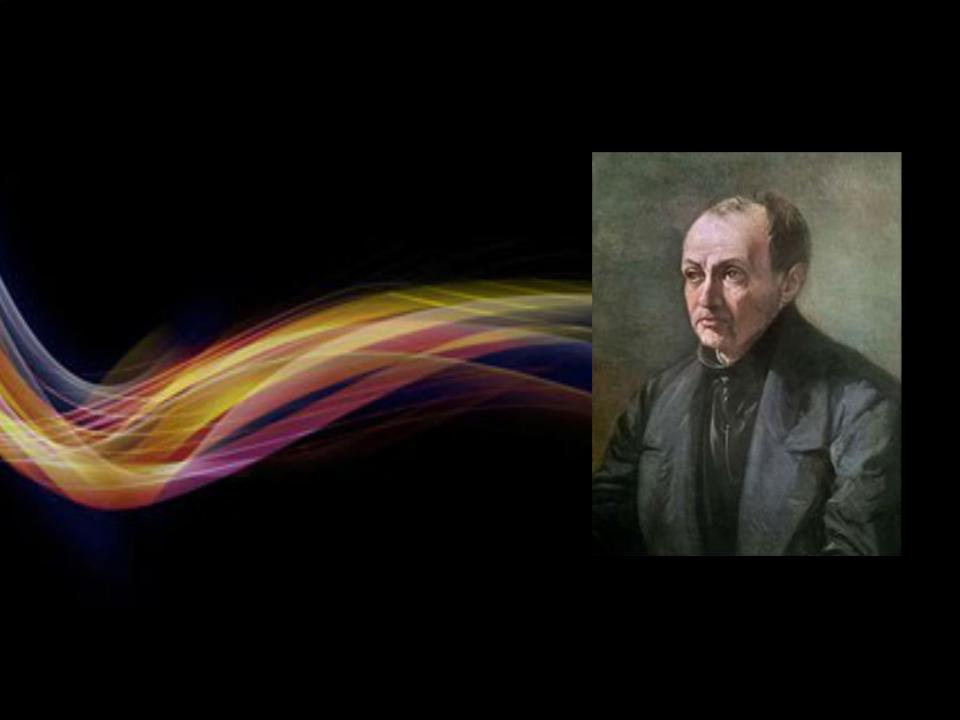
Positivism
Auguste Comte, the self-professed founder of modern sociology, put forward the view that the rigorous ordering of confirmable observations alone ought to constitute the realm of human knowledge. He had hoped to order the sciences in increasing degrees of complexity from mathematics, astronomy, physics, chemistry, biology, and a new discipline called "sociology", which is the study of the "dynamics and statics of society".
Auguste Comte

Pragmatism (Pragmaticism)
Charles Sanders Peirce
The American philosophers Charles Sanders P
eirce and
William James developed the pragmatist philosophy in the late 19th century.
William James
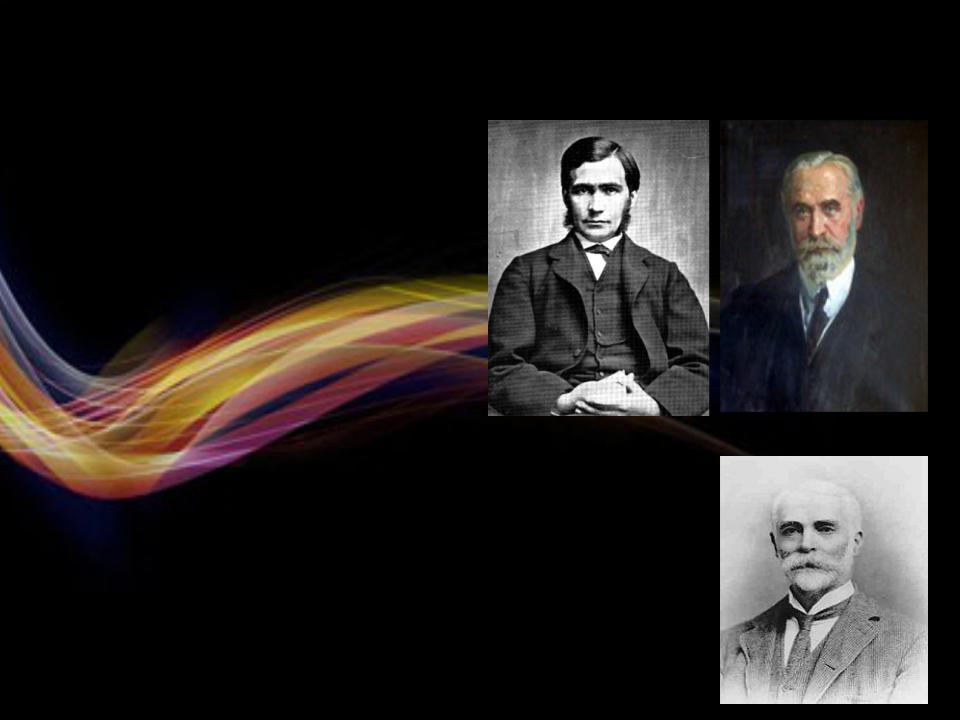
British idealism
The twilight years of the 19th century in Britain saw the rise of British idealism, a revival of interest in the works of Kant and Hegel. The leading figures in the movement were T.H. Green,
F.H. Bradley, and Bernard Bosanquet. They were succeeded by the second generation of
J.M. E. McTaggart,
H.H. Joachim,
J.H. Muirhead, and
G.R. G. Mure.
T.H. Green |
F. H. Bradley |
|
Bernard Bosanquet
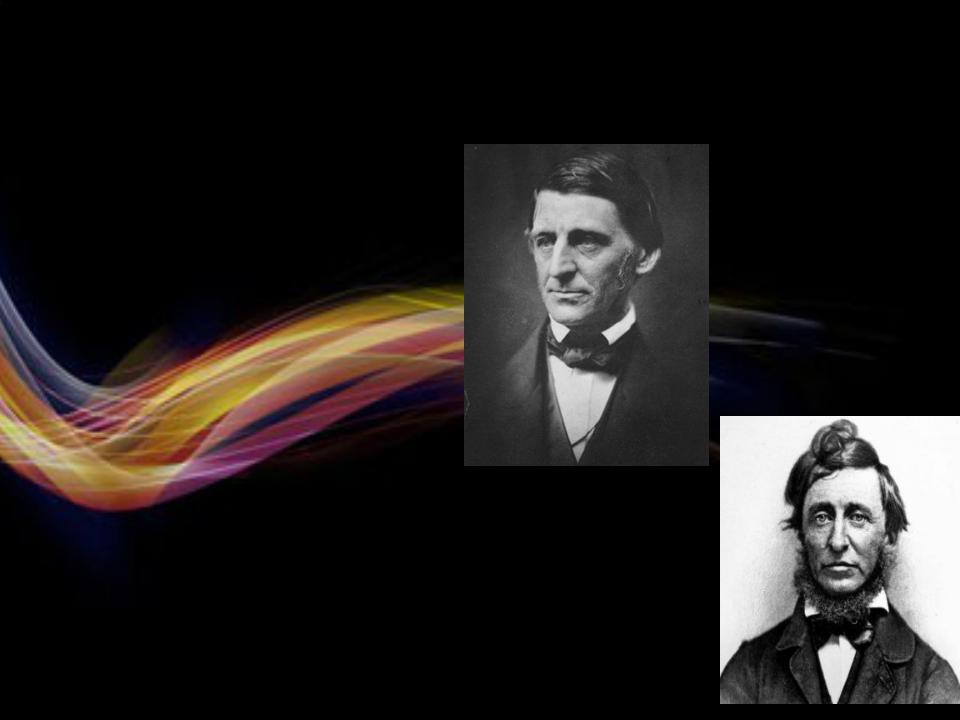
Transcendentalism
Transcendentalism was |
|
rooted in Immanuel Kant's |
Ralph Waldo Emerson |
transcendence and |
|
German idealism, lead by |
|
Ralph Waldo Emerson and |
|
Henry David Thoreau. The |
|
main belief was in an ideal |
|
spiritual state that |
|
'transcends' the physical |
|
and empirical and is only |
|
realized through the |
|
individual's intuition, |
|
rather than through the |
|
doctrines of established |
|
religions. |
Henry David Thoreau |

Thank you for attention!

